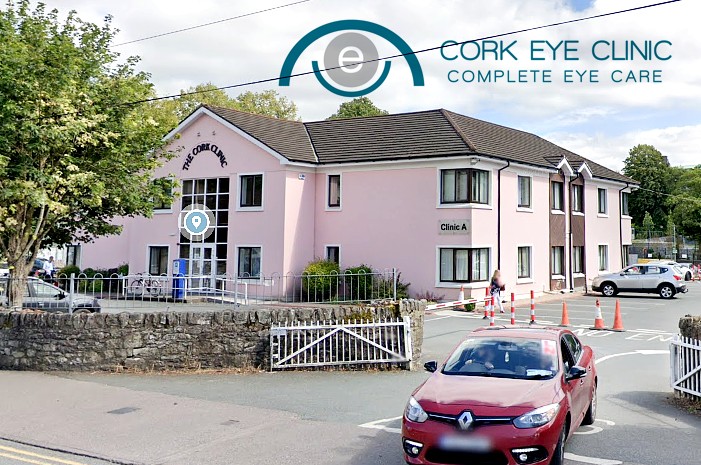3 Common Eye Disorders You Should Know About!
The eyes are a very sensitive and intricate part of the body. When they’re working properly, they provide you with the power of sight: a gift worth celebrating. However, there are many ailments that can affect your vision, sometimes requiring some type of treatment or solution so that you can continue to lead your life without interruption. Below are a description of three common eye disorders and what exactly you can do to minimize their effects on your everyday life.
1. Nearsightedness
Nearsightedness is caused by a refractive error, meaning that the eye does not focus light correctly. The condition is usually diagnosed in children between age 8-12, when their eyes are growing and changing shape. Children with nearsighted parents are more likely to be nearsighted as well, but additional factors such as visual stress from detailed work or excessive computer usage can also contribute to the development of nearsightedness.

If you think you may be near sighted, Mr. Golchin can complete an eye exam to determine the best form of treatment. Whether it is corrective lenses, corneal refractive therapy or refractive surgery, there are a variety of treatment options available that can create a long-term improvement for your eyes.
2. Farsightedness
Different people can have varying degrees of far sightedness depending on their eyes’ ability to focus. Similar to near sightedness, it is caused by a refractive error, meaning that the cornea and lens are not able to correctly process the light entering the eye.

Farsightedness is typically hereditary and not affected or accelerated by outside factors such as visual strain. Unlike nearsightedness, farsightedness is not easily picked up on eye exams in children. Younger eyes tend to compensate for farsightedness due to their flexibility but as eyes age, the condition can appear more blatantly. The simplest way to correct farsightedness is to get prescription glasses or contacts.
3. Colour Blindness
Largely hereditary, colour blindness is a much more common disorder han many people realize. Although it is very rare in women, it affects approximately 10% of men. The majority of people have mild color blindness and typically cannot distinguish between red and green but there are more severe cases where a person can only see the world in grey, black and white.

There are a variety of medications that, as a side effect, cause changes in colour vision. Although they are typically used to treat conditions such as tuberculosis, elevated blood pressure and Rheumatoid Arthritis, they can also be effective in treating colour blindness.







